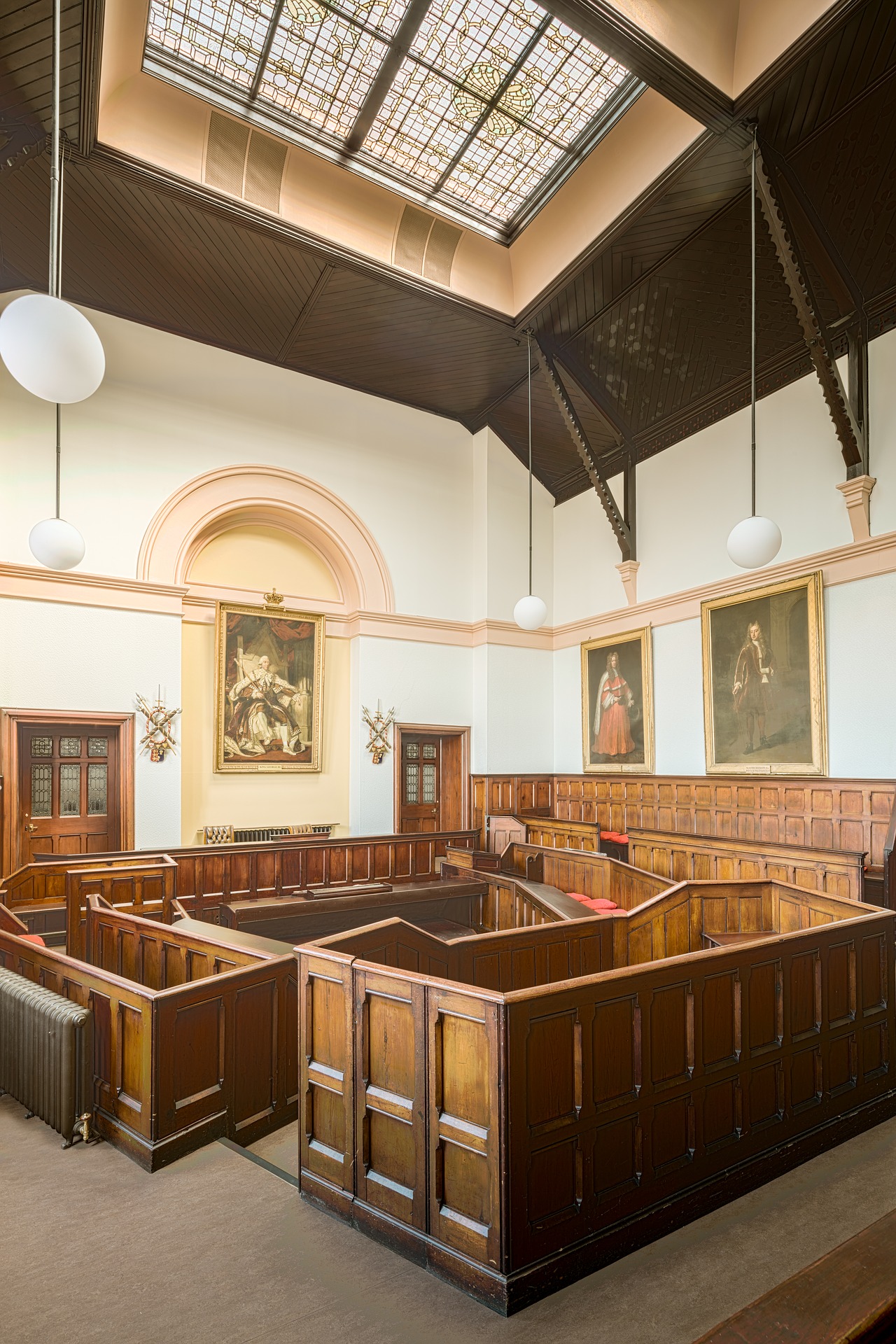The President has once again targeted the immigrant population by signing a Presidential Proclamation suspending the entry of any immigrant who will “financially burden the United States healthcare system.”
While the Presidential Proclamation is likely to encounter resistance in court, as it stands the Proclamation is slated to become effective on November 3, 2019.
According to the Proclamation, a person seeking to immigrate to the United States will be found to be a financial burden on the U.S. healthcare system, unless they can prove either one of the following:
- They are covered by approved health insurance, within 30 days of their entry to the United States, or
- They have the financial resources to pay for reasonably foreseeable medical costs.
Beginning November 3, 2019, prior to the adjudication and issuance of an immigrant visa, a non-citizen seeking to immigrate to the United States, must establish to the satisfaction of a consular officer that they will not become a burden on the health care system by either of the means outlined above.
Who does the Proclamation apply to?
Only non-citizens seeking to enter the United States pursuant to an immigrant visa.
 Visa Lawyer Blog
Visa Lawyer Blog










